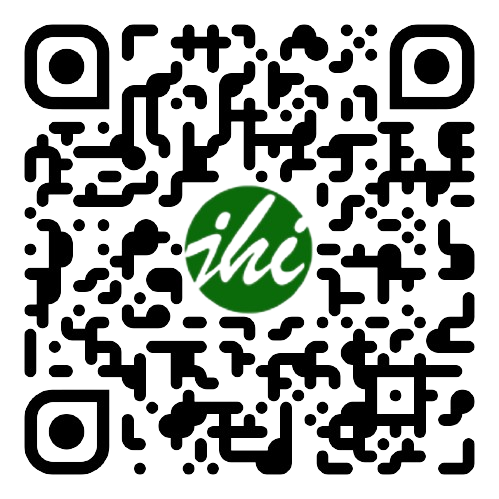Penyelesaian Sengketa E-Commerce Melalui Online Dispute Resolution Dalam Perspektif Hukum Islam
DOI:
https://doi.org/10.28918/jhi.v17i1.1579Abstract
Along with the increasing use of the internet throughout the world, the number of disputes that have arisen continues to increase. Many web sites have been formed to help resolve this internet dispute, as well as to facilitate settlement of disputes that occur offline so that they are more transparent, accountable and more practical through the Online Dispute Resolution (ODR). Then, what is the actual practice of e- commerce dispute resolution through ODR in the view of Islamic Law? The approach method used in this study is a normative juridical approach and descriptive analytical. The data collection technique used by the author is library research sourced from various literatures such as books, kitab and journal articles. After the data is collected, an analysis will be carried out using the descriptive-analytical method, which is systematically describing the facts or characteristics of the phenomena found in factually and carefully in the field, and carried out qualitatively to get an understanding of the problems studied in more depth. This study concludes that the practice of ODR, which is an extension of ADR practice has a strong historical and legal basis, so the practice of ODR in Islamic law is permitted with the exception of contracts which include elements prohibited by Islamic teachings, such as elements of obscurity (gharar), the object is forbidden, indicated fraud (tadlis), gambling (maysir), and usury.
Downloads
Published
How to Cite
Issue
Section
License

This work is licensed under a Creative Commons Attribution-ShareAlike 4.0 International License.
Jurnal Hukum Islam use a variety of waivers and licenses that are specifically designed for and appropriate for the treatment of data:
- Open Data Commons Attribution License, http://www.opendatacommons.org/licenses/by/1.0/(default)
- Creative Commons CC-Zero Waiver, http://creativecommons.org/publicdomain/zero/1.0/
- Open Data Commons Public Domain Dedication and License, http://www.opendatacommons.org/licenses/pddl/1-0/
Other data publishing licenses may be allowed as exceptions (subject to approval by the editor on a case-by-case basis) and should be justified with a written statement from the author, which will be published with the article.













.png)














